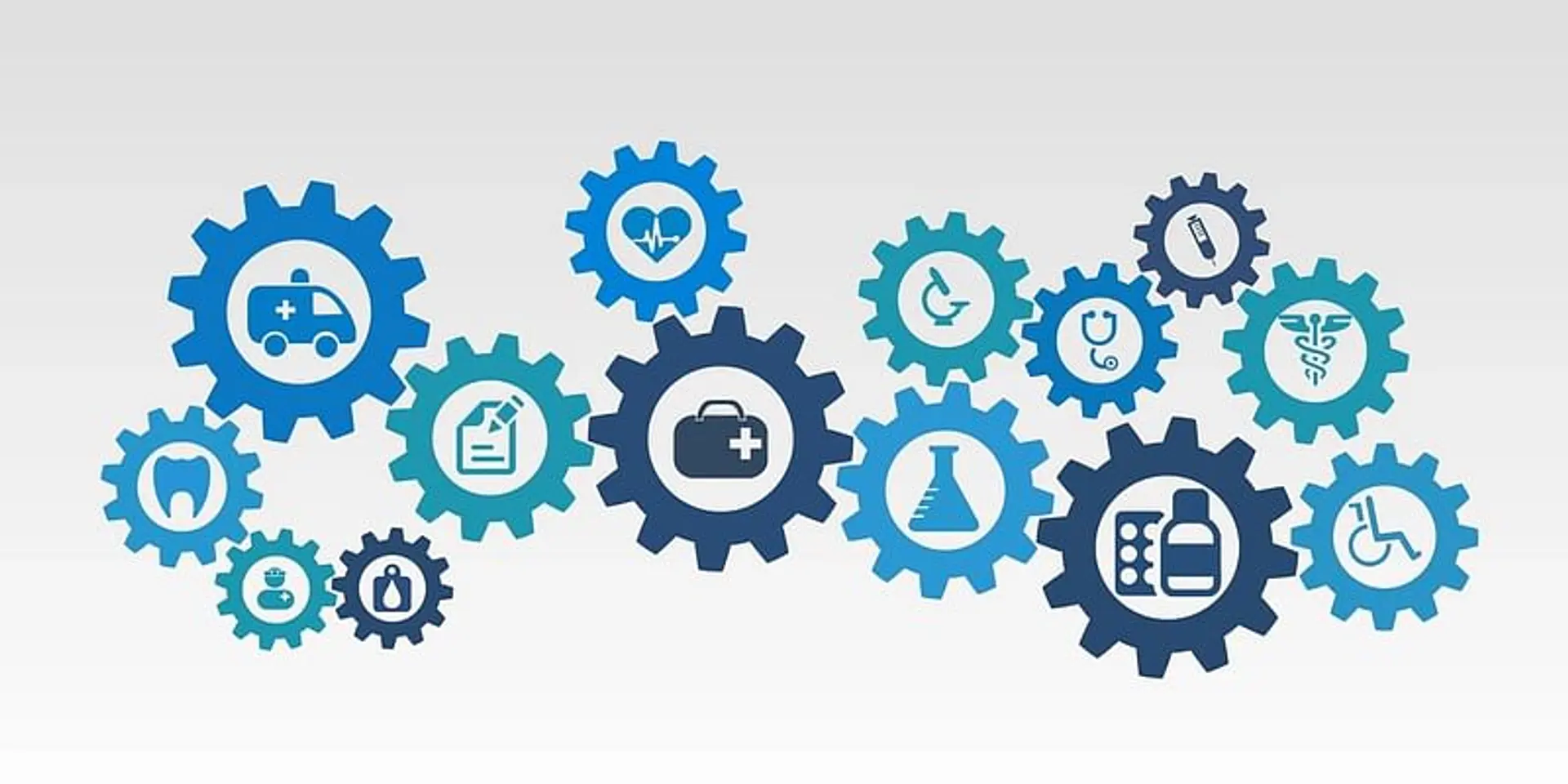Blockchain in healthcare: Exploring the rise of emerging platform ecosystem
As emerging platform ecosystems continue to evolve, we can expect to see accelerated innovation and widespread adoption of blockchain technology, ultimately leading to improved patient outcomes and a more efficient healthcare system.
In recent years, the healthcare sector has undergone a significant shift towards digital transformation. One technology that has emerged as a potential game-changer in this sector is blockchain. With its decentralised and secure nature, blockchain technology has the potential to revolutionise the way healthcare data is managed, shared, and secured.
Blockchain technology, most commonly associated with cryptocurrencies like Bitcoin, is a distributed ledger that enables secure and transparent record-keeping. In the context of healthcare, blockchain can be used to create a tamper-proof and immutable record of patient data, transactions, and interactions. This technology holds promise for various applications in healthcare, including electronic health records (EHRs), supply chain management, clinical trials, and telemedicine.
Blockchain’s potential in healthcare
One of the key advantages of blockchain technology in healthcare is its ability to enhance data security and privacy. By using cryptography and consensus algorithms, blockchain ensures that sensitive patient information is encrypted and stored securely. The decentralised nature of blockchain also eliminates the need for a central authority, reducing the risk of data breaches and unauthorised access. This can significantly improve patient trust and confidence in the healthcare system.
According to a report by Deloitte, 35% of healthcare and life sciences organisations have already implemented blockchain technology for enhanced data security and privacy.
Interoperability and data sharing
Blockchain technology enables seamless interoperability and data sharing among different healthcare providers and stakeholders. Currently, patient data is often siloed across multiple healthcare systems, making it difficult to access and share information efficiently. Blockchain can serve as a unified platform for securely sharing patient data, allowing healthcare providers to access comprehensive medical histories and make more informed treatment decisions. This can lead to improved patient outcomes and reduced medical errors. The technology enables the creation of a unified, secure, and comprehensive patient record that can be accessed and updated in real-time by authorised stakeholders.
Improved supply chain management
Another area where blockchain technology can drive transformation in healthcare is supply chain management. Counterfeit drugs and medical devices pose a significant threat to patient safety and public health. By leveraging blockchain, the provenance of pharmaceutical products and medical devices can be tracked throughout the supply chain, ensuring their authenticity and quality. This can help eliminate counterfeit products from the market and enhance patient safety.
Clinical trials, a critical component of medical research, can also benefit from blockchain technology. The transparent and immutable nature of blockchain enables efficient tracking of consent, data collection, and analysis during clinical trials. By tracking the movement of these items through a transparent and tamper-proof ledger, blockchain reduces counterfeit products, improves drug recalls, and streamlines supply chain processes. This can also reduce administrative burdens and enhance the reliability of trial data.
Additionally, blockchain can facilitate the secure sharing of de-identified patient data for research purposes while ensuring patient privacy.

JP Morgan, 6 Indian banks partner to settle USD transactions on blockchain
Advancing research and development
Furthermore, blockchain technology has the potential to transform telemedicine and remote patient monitoring. With blockchain, patient-generated health data can be securely stored and shared between patients and healthcare providers. Smart contracts, a feature of blockchain, can automate processes and enable secure and transparent payments for telemedicine services. This can expand access to healthcare services, particularly in underserved areas, and improve the overall patient experience.
Emerging platform ecosystem
As blockchain technology continues to evolve, various organisations and consortia are emerging to create the necessary infrastructure and standards for its adoption in healthcare. These emerging platform ecosystems bring together stakeholders from the healthcare industry, technology providers, regulators, and researchers to collaborate and drive innovation in blockchain applications.
They aim to address challenges such as scalability, privacy, and regulatory compliance, ensuring that blockchain technology can be effectively integrated into the healthcare sector. These platforms act as catalysts, fostering collaboration, innovation, and the exchange of value within the industry.
Here are some notable platforms:
- MedRec: Developed by researchers at MIT, MedRec is an open-source blockchain platform that allows patients, providers, and researchers to securely share medical records. The platform ensures data privacy, consent management, and interoperability across different healthcare systems.
- Medicalchain: Medicalchain is a blockchain-based platform that enables patients to have full control over their health records. It allows patients to grant access to their data to healthcare providers, researchers, and insurers, ensuring transparency and trust.
In conclusion, the rise of blockchain technology in the healthcare sector holds immense potential for digital transformation. Looking ahead, the future of blockchain in healthcare looks promising. Through its secure and decentralised nature, blockchain can enhance data security, interoperability, and transparency in healthcare. Applications such as electronic health records, supply chain management, clinical trials, and telemedicine stand to benefit from the adoption of blockchain.
(Rama Krishna Sreepada is Co-founder and Chief Architect at [x]cube Labs. He has expertise in various technologies, including VoIP, iOS development, mobile advertising and analytics.)
Edited by Kanishk Singh
(Disclaimer: The views and opinions expressed in this article are those of the author and do not necessarily reflect the views of YourStory.)







